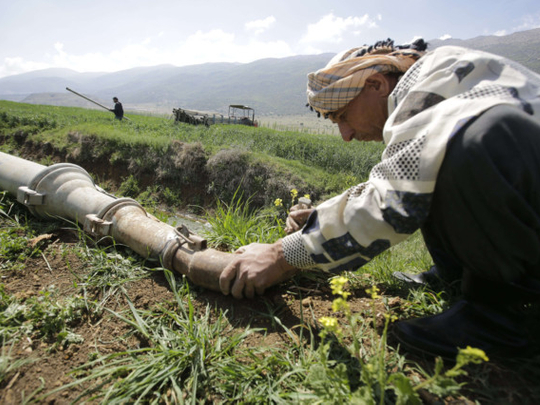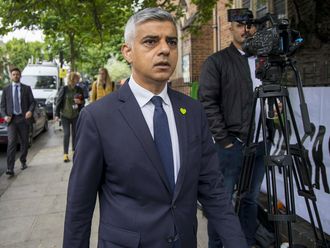
Dubai: Lebanon is expected to incur losses exceeding SR126 million, due to Saudi Arabia’s recent decision banning the import of fruits and vegetables from the country, local meida reported.
According to a report published by the Arabic daily Okaz, fruits and vegetables are the second-highest products being exported to Saudi Arabia after precious metals and precious stones.
Lebanese fruits exports to Saudi Arabia had recorded a sharp rise in 2019, compared to previous years. The value of exports in 2018 reached SR65 million while in 2019, they jumped by 93.85 per cent to SR126 million.
Lettuce is considered to be the is the most exported product by Lebanon to Saudi Arabia, with 7,990 tons worth SR37.49 million, followed by grapes with 15.16 tons worth SR30.85 million.
The two products are followed by oranges with 15,840 tons worth SR24.1 million, apples with 9,090 tons worth SR12.98 million, followed by potatoes with approximately 7,500 tons worth SR10.44 million.
Tangerines (mandarins) are the sixth most exported product with 4,400 tons worth SR7.28 million.
Lebanon also exports 2,240 tons of peaches to Saudi Arabia worth SR5.29 million, and 1,560 tons of lemon worth SR2.64 million, while apricot exports to Saudi Arabia reached 634 tons worth SR2.17 million.
Saudi Arabia also imports 1,230 tons of Lebanese onions worth SR1.61 million, 1,090 tons of grapefruits worth SR1.6 million, 144 tons of plums worth SR1.26 million, and 412 tons of tomatoes worth SR1.04 million.
Captagon smuggling
Earlier on Friday, Saudi Arabia issued a decision banning the import of fruits and vegetables from Lebanon, after seizing over 5 million pills of an amphetamine drug known as Captagon, hidden in a shipment of pomegranate coming from Lebanon. The official Saudi Press Agency said four Saudis and one other person it did not identify were arrested.
The ban, ordered by the kingdom’s Interior Ministry, is due to take effect today (Sunday).
On Saturday, Lebanon’s President Michel Aoun called for a meeting next week with Cabinet members, security officials, farmers and exporters to discuss the Saudi decision and its implications.
Lebanon’s Foreign Ministry on Friday said smuggling of drugs is harmful to the country’s reputation and economy. It called on Lebanese customs duty authorities to increase checks and inspections of shipments leaving the small Mediterranean country.
Lebanon is experiencing the worst economic and financial crisis in its modern history. The local currency has lost 85 per cent of its value to the dollar in recent months and businesses have shut down while banks imposed informal controls on transfers and withdrawals.








